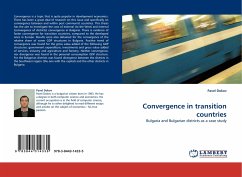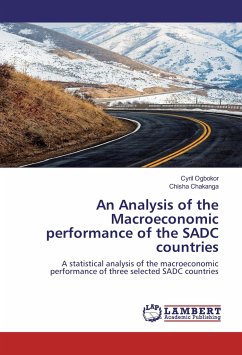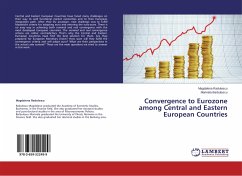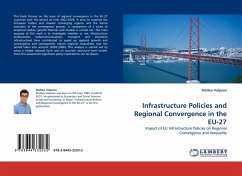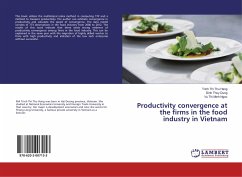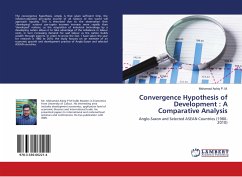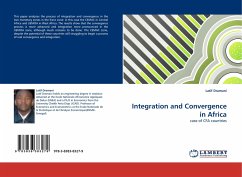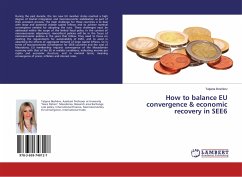Convergence is a topic that is quite popular in development economics. There has been a great deal of research on this issue and specifically on convergence between and within post communist countries. This thesis has the aim to investigate the case of external (to the West) and internal (convergence of districts) convergence in Bulgaria. There is evidence of faster convergence for transition countries, compared to the developed ones in Europe. Results were also obtained for the convergence of the relative share of some GDP structures in Bulgaria. Positive trend of convergence was found for the gross value added of the following GDP structures: government expenditure, investments and gross value added of services, industry and agriculture and forestry. Neither convergence, nor divergence was found in the personal consumption GDP structure. For the Bulgarian districts was found divergence between the districts in the Southwest region (the one with the capital) and the other districts in Bulgaria.
Hinweis: Dieser Artikel kann nur an eine deutsche Lieferadresse ausgeliefert werden.
Hinweis: Dieser Artikel kann nur an eine deutsche Lieferadresse ausgeliefert werden.

